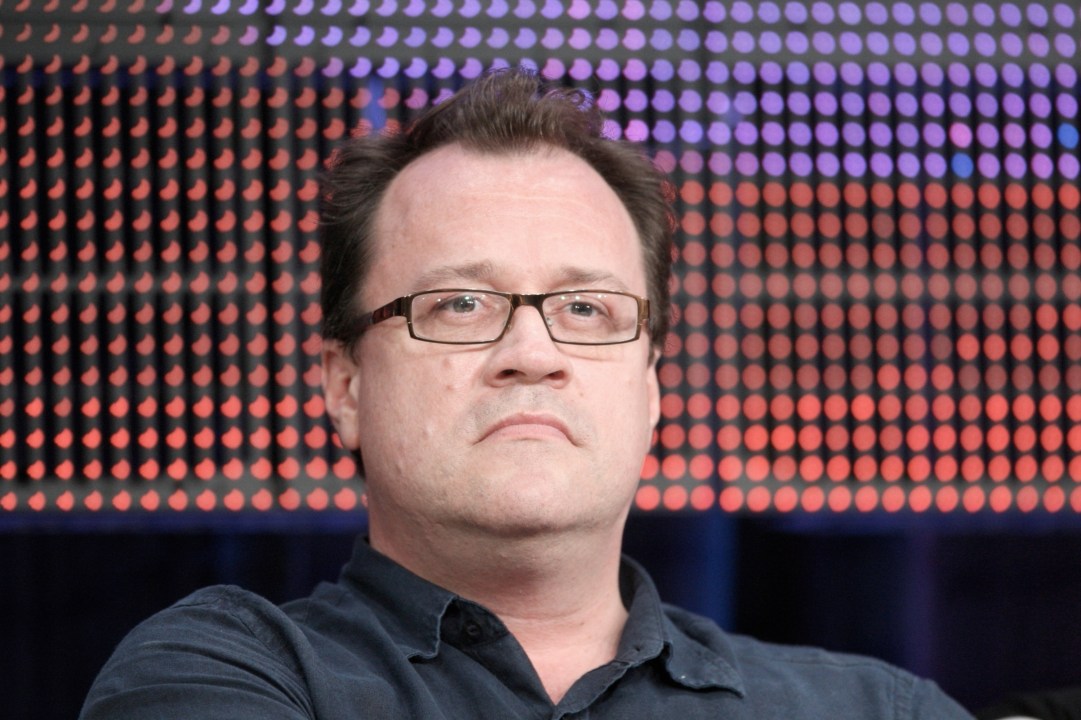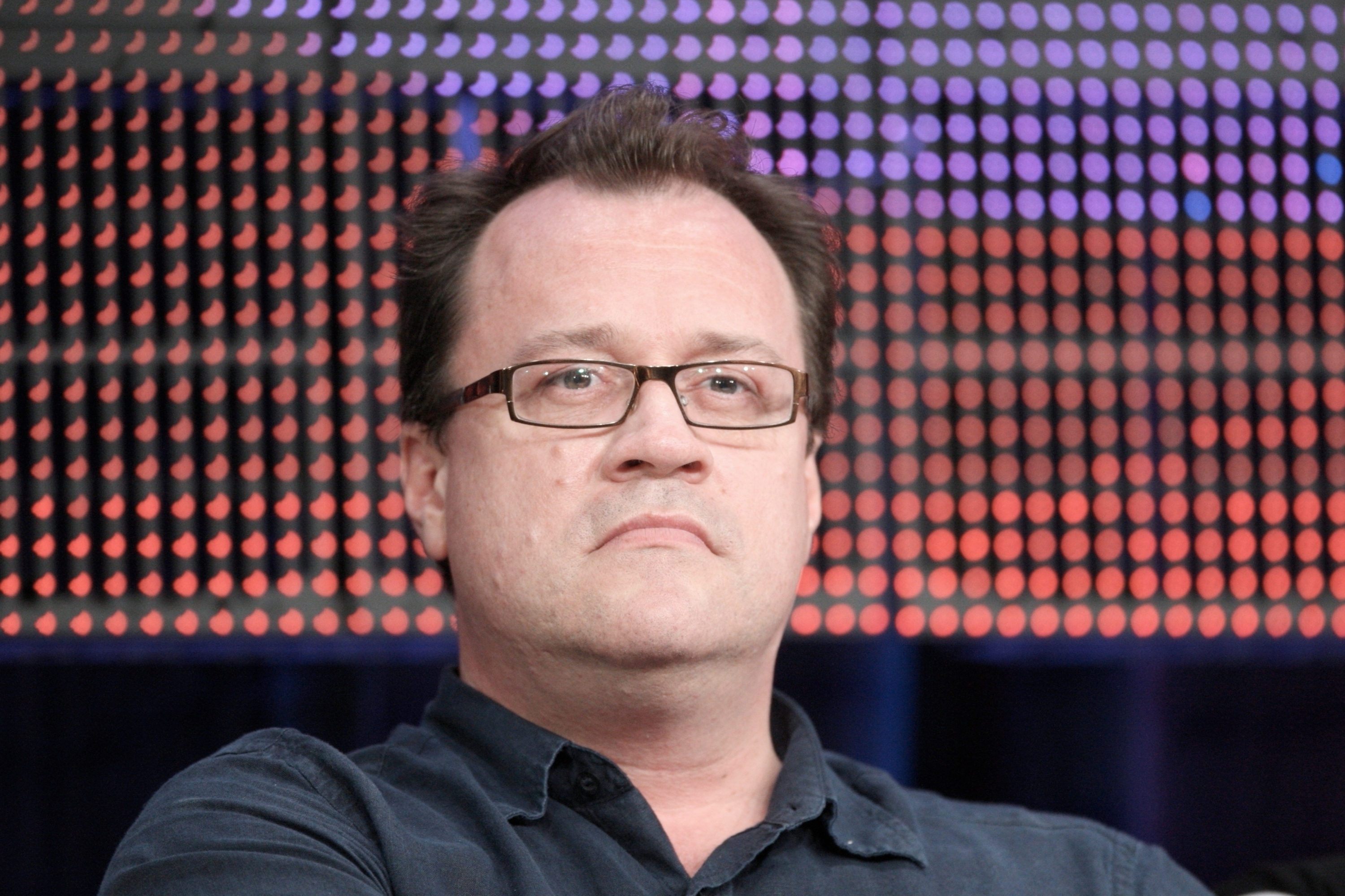In this woke age, we seem to have incredibly short memories. We feel the need to damn people today for holding views that were completely acceptable yesterday. But the memory of Russell T. Davies, the acclaimed British screenwriter, seems to be particularly short.
In an interview for the Radio Times — promoting his new Channel 4 series, It’s A Sin, about young gay men in 1980s London — Davies has criticised the practice of giving gay roles to straight actors. ‘I’m not being woke about this’, he said. ‘It’s about authenticity, the taste of 2020. You wouldn’t cast someone able-bodied and put them in a wheelchair, you wouldn’t black someone up.’
That Davies was himself casting straight actors in gay roles as recently as 2018 apparently doesn’t blunt the critique. Hugh Grant played Jeremy Thorpe in Davies’s recent television drama, A Very English Scandal. He cast straight actors in his landmark 1999 series Queer as Folk. And the lead gay character in Cucumber, Davies’s 2015 Channel 4 series, was also played by a straight man. If having straight actors play gay roles is really the moral equivalent of getting a blacked-up Tom Hardy to play Nelson Mandela, then Davies only apparently came to this conclusion very recently.
The point of acting, surely, is to embody someone who isn’t like you
The ‘who can play gay’ discussion has been rumbling on for a while. In 2018, Disney caught flak when word got out that Jack Whitehall was due to play a gay character in Jungle Cruise, a film based on a theme-park ride.
That same week Australian actress Ruby Rose quit Twitter and shut down comments on her Instagram after getting abuse for her upcoming role as Batwoman, who is a lesbian, in a new show. The twist here was that Rose is herself a lesbian. The perma-outraged of social media were apparently furious because she also identifies as genderfluid, and so she was not in their estimation ‘gay enough’.
The usual retorts to these rows — ‘it’s called acting’ or ‘you wouldn’t get a serial killer to play Hannibal Lecter’ — might feel a bit trite at this point. But that doesn’t make them any less true. The point of acting, surely, is to embody, to empathise with, to get inside the head of, someone who isn’t like you. To suggest that only gay actors can do this for gay characters kind of undercuts the whole point of the profession.
What’s more, it burnishes the idea that gay characters can only ever be that — gay characters; that their sexual preference defines every molecule of their being; that any other trait is almost incidental.
There was a period, particularly in the 2000s, when the heteros were racking up awards and plaudits for playing gay characters (think Sean Penn playing Harvey Milk or Heath Ledger and Jake Gyllenhaal playing those gay cowboys), while great gay actors were still being advised to stay in the closet for fear of being typecast. That must have been infuriating.
But this new vogue for identity-aligned casting risks limiting artistic expression in different ways. For one thing, if only gay actors can play gay roles, does that cut both ways? And if gay actors and filmmakers are in effect burdened with having to represent themselves and ‘the community’, there’s a risk this limits the scope of the types of stories that get told.
Chris New, an out gay actor who starred in the acclaimed 2011 indie film Weekend, pointed to this in an interview in the Guardian in 2019. ‘In the current cultural climate I am invited to participate only on the basis of my supposed oppression… I live in a cultural ghetto’, he said. ‘Any role where the character’s sexuality is their defining characteristic I turn down. Which means I don’t work very much.’
The issue for him, he said, was not straight actors playing gay roles, but the fact we think of them as ‘gay roles’ to begin with. ‘I just hope they are the best actor’, he told the Guardian. ‘And I quietly wish that the role could be defined as something a little more than just gay.’
This new woke typecasting might be being done with the best of intentions. But it could be just as creatively deadening as the old.








Comments